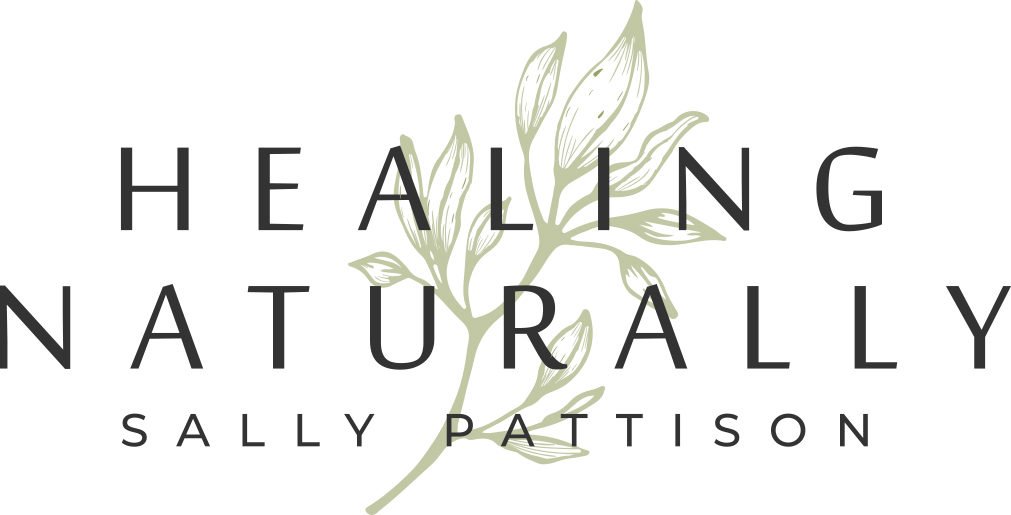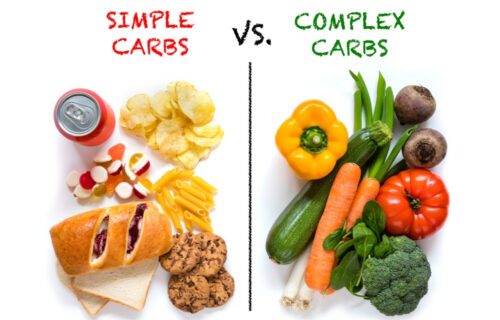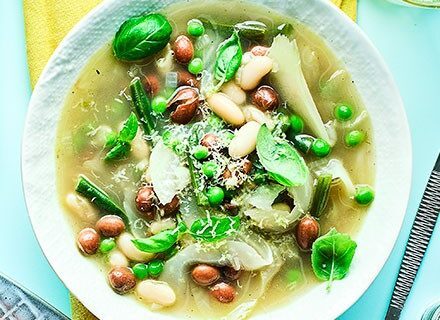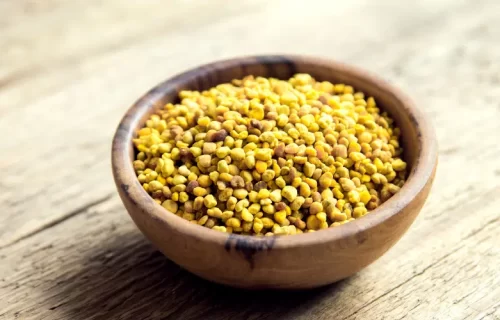
Calcium
What is the first thing you think of, food wise, when I say calcium – milk?
Dietary Calcium
What does calcium do?
Healthy foods that contain calcium not only help you maintain healthy and strong bones and teeth but it helps your blood clot and it also supports proper nerve and muscle function.
How much do we need?
It is recommended that people between the ages of 19-50 need 1,000 mg of calcium on a daily basis. It is also crucial during adolescence—the recommended intake for ages nine to 18 is 1,300 mg. People over the age of 50 should be getting 1,200 mg of calcium, while post-menopausal women not taking hormone replacement therapy should get 1,500 mg.
Where can I get it?
A cup of milk contains approximately 300 mg of calcium; however, humans barely absorb the calcium from cow’s milk anyway.
It is recommended that organic milk from grass-fed cows should be consumed because it is free of growth hormones and antibiotics, and it is less processed, but it’s still cow’s milk and out bodies still have difficulty absorbing it.
So where should you get your calcium if not from milk?
Vegans, vegetarians (ovo-vegetarians don’t consume dairy), and those who are lactose intolerant or are allergic to dairy won’t even consider milk. Nor do those on a paleo diet.
Here are some healthy foods that come with a great dose of calcium:
LEAFY GREENS
Kale
A green smoothie with raw kale contains 90 mg of calcium per cup. If you are preparing a 3.5 cup of kale salad, you will get 315 mg of calcium—more than the amount of calcium you would get from a glass of cow’s milk.
Spinach
Spinach is an excellent course of calcium, containing 244.8 mg per cup. On most occasions you will eat more than one cup, making spinach a better source of calcium than a cup of milk. One cup accounts for 24.5% of your daily value intake (DV).
Collard Greens
For building or maintaining strong bones, collard greens are an amazing dairy alternative. In just two cups of collard greens you are obtaining 452.2 mg of calcium, nearly 90% DV. You drink milk, but who says you can’t drink your greens? Collard greens, spinach, or kale make great options for your daily smoothie. Collard greens can also be prepared lightly steamed and marinated with lemon juice, extra virgin olive oil, honey, dill weed, and sea salt.
Bok Choy
74 mg (7% DV) in 1 cup. This versatile Chinese cabbage provides a hefty dose of vitamins A and C, along with calcium and fiber. Stir-fry bok choy with garlic and olive oil for a perfect side dish.
OTHER FOODS
Sesame Seeds
Sesame seeds are another great source of calcium. This tiny seed is loaded with it—you’ll see why it’s one of my favourite healthy foods. In just a quarter cup, you get 351 mg of calcium, which trumps a glass of milk. You can easily sprinkle a quarter cup into your salad or spreading tahini onto some seeded crackers. It is also found within hummus or baba ghanoush.
Organic Yogurt
For people who can still want to eat dairy products, plain raw organic yogurt is a very good source of calcium. It contains a whopping 447.4 mg of calcium in one cup. That’s approximately 45% DV of calcium in just one shot.
Boney fish
That is the types of fish that you eat the bones like canned salmon, sardines etc..
Canned Salmon has 232mg (23% DV) in ½ can. Sardines: 321 mg (32% DV) in about 7 sardines fillets.
Blackstrap Molasses
172 mg (17% DV) in 1 tablespoon. When the sweet tooth strikes, it’s best to go natural. Blackstrap molasses is darker in colour and richer in flavour than regular molasses, and is filled with calcium, iron, and other vitamins.
Black-eyed Peas
185 mg (18% DV) in 1/2 cup
These beans are filled with calcium, potassium, folate, and more! Try a black-eyed pea spread to pump up any sandwich or appetizer instead of mayo
Almonds
72 mg (7% DV) in ¼ cup dry roasted (about 20 nuts). You’re “nuts” if you don’t grab a handful of almonds every now and then! They’re the most nutritionally dense nut, packing a crazy amounts of nutrients per calorie and ounce. Aside from calcium, they also contain potassium, vitamin E, and iron. Just watch out for portion size and soak them overnight.
Turnip Greens
197 mg (20% DV) in 1 cup cooked (chopped)
This leafy green comes from turnip bulbs, and is filled with calcium, antioxidants, and folate, which could help improve mood.
Seaweed
126 mg (13% DV) in about 1 cup raw. Fish aren’t the only, well, fish in the sea. Seaweed is full of calcium, fibre, and iodine, which helps with proper thyroid function. Why not add some to your classic miso soup.



